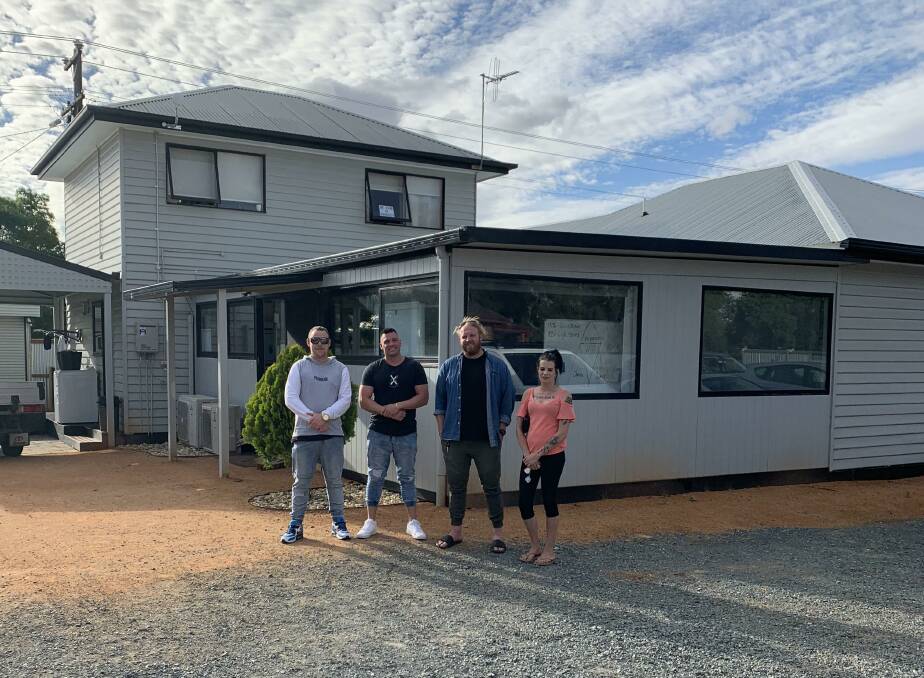
A new rehabilitation facility model has been floated as a possibility for Bendigo, a resource a magistrate has said the city needs.
Subscribe now for unlimited access.
$0/
(min cost $0)
or signup to continue reading
Rob Bryant, company secretary of Shepparton organisation The Cottage, said members of the Bendigo community had been approached about the possibility of a meeting to determine whether there was interest and drive to establish a similar facility in the city.
The Cottage is a not-for-profit organisation that provides a safe, supportive and substance-free environment for people who are undergoing rehabilitation for addiction.
The facility is linked in to other services in the community that assist with rehabilitation, and clients generally stay there three to four months.
Bendigo magistrate Megan Aumair has spoken of the need for such a resource.
In hearing a matter earlier this month, Ms Aumair said a defendant's positive progress during his time at The Cottage made him a "shining example" of how someone with long-term addiction, a criminal history and experience of homelessness could turn their life around in a supportive, safe environment. She said Bendigo and other regional communities needed a similar facility.
"It is so important we recognise, as a community, places like The Cottage as an alternative to jail," Ms Aumair said.
Story continues below graphic
The Cottage was established by members of the Shepparton community after a meeting to discuss the issue of substance addiction in the town attracted hundreds of people.
Mr Bryant said the organisation was interested not in running a facility in Bendigo, but instead wanted to pass on the knowledge that it had acquired.
The founders struck their fair share of red tape and hurdles in the process of establishing and keeping The Cottage open, even having to go the Victorian Civil Administrative Tribunal.
"We're in a good position to support a group in Bendigo," Mr Bryant said.
It was vital, he said, that such a facility was locally-run and the community supported the not-for-profit model.
"Why it works in Shepparton is because the community got behind it," Mr Bryant said.
He said the reception to the idea of establishing such a place in Bendigo had been positive.
Bendigo does have a residential rehabilitation facility run by the Salvation Army, which provides a six-week intensive rehabilitation course for people aged 18 to 30 years old.
Bendigo Health also has an eight-bed recovery unit, but it is for people with both mental health needs and a substance dependency.
Sheenah Van Eck, Bendigo Community Health Service's team manager of the clinical alcohol and other drugs program, said there was room in Bendigo for more rehabilitation options based on population alone, noting metropolitan centres had more than regional areas on a per capita basis.
She said the number of Bendigo people who used residential rehabilitation facilities outside the city would be enough to warrant a although more people might choose such an option for their recovery if they did not have to leave the area to access it.
The issue, Ms Van Eck said, would be finding the employees to staff it.
"People need to be trained or attracted to come here... It's hard to recruit to regional areas," she said.
There is high demand in general in the Bendigo area for support with addiction.
Ms Van Eck said Nova House, a detox facility that prepares people for rehabilitation, had a wait time of about three weeks.


